Do you need to bring extra food, do you need a transit visa, and how to choose a hotel are common questions for independent travelers. If you are a first-time independent traveler , there are many challenges. Missing paperwork, bringing too much or too little luggage, and choosing a poor quality hotel room are all concerns that make travelers stressed when they have to manage on their own, especially when they arrive at a new destination. You can refer to some of the following experiences to make your trip smooth and comfortable.
Does transit require a visa?
Basically, if you transit in a third country without leaving the airport, you do not need a visa. To encourage tourism, many countries even have policies to issue transit visas right at the airport, or exempt transit visas, creating opportunities for tourists to leave the airport and take advantage of sightseeing while waiting for the next flight. This is a smart way to market and stimulate tourism, building a source of potential customers for that country.
But not all places are like that, so before your trip, carefully study the regulations at the transit airport and the transit country. If the transit time is long (over 5 hours), be bold to go sightseeing outside, because this is also an opportunity for you to experience new destinations. If the time is too short, find suitable entertainment at the airport, or simply take a nap to regain your strength.
Do I need to bring food and drinks?

Fear of not liking the taste, fear of expensive food, fear of hunger are common worries of tourists when they are about to go to a strange place. In fact, you rarely have to go hungry when traveling because there is no place where the food is too bad for you to swallow or too expensive to buy. The problem mainly lies in the psychology of tourists. Be bold to put aside prejudices about local food to comfortably enjoy the feeling of experimenting with different flavors and giving yourself the opportunity to explore a new cuisine.
If your digestive system is sensitive, you can bring some dry food or canned food to fill your stomach. However, make sure you have thoroughly researched the policies of the local government where you are going, especially when traveling to developed countries. Many countries are very strict in controlling imported food. Some tourists bring fruits, spring rolls, sausages, cakes to other countries and then have to waste them all at the airport.
How many clothes should I bring?
For most tourists who like to take pictures and dress up when going out, the amount and type of clothes to bring is a "headache". Bringing too little is not enough, but bringing too much is afraid of being overweight.
It is best to choose a smart way to mix and match clothes: one shirt can be combined with several pairs of pants and vice versa. That way, you can still wear many different outfits, taking pictures without being boring, and reducing the number of clothes you bring. You should only bring 1-2 thick, heavy winter coats to change. Consider bringing only two pairs of shoes at most, because they take up a lot of space and can "torture" you, if they are hard-soled shoes, high heels, or bulky, heavy shoes that are not suitable for walking.
Before departure, check the weather forecast and pack specifically for each day, boldly remove unnecessary clothes to reduce pressure on yourself.
How to choose a room?

Each traveler has different criteria for choosing a room, but there will be common answers to the question of how to choose a room to suit your needs. First, refer to the hotel's rating, read the comments of previous guests. The service style of the staff, the cleanliness of the hotel, especially the location are the most commented points.
In terms of price, many booking apps only exaggerate the base price to attract tourists. At first glance, the price is quite reasonable, but when paying, other costs appear (taxes, hotel service fees, booking app service fees, accommodation fees paid to the city government), making the total amount you have to pay a "new level". So before making a decision, compare the room price in the final step with your budget, and consult different apps to get the best price.
Also, read carefully the amenities that the hotel or homestay provides (refrigerator, TV, washing machine, wifi, electric kettle). If you travel a lot, choose the hotel's location so that it is convenient to travel (near the train station, pier, bus stop or near the center, tourist attractions).
Another way to check the quality of service is to contact the hotel or homestay in advance to ask about related issues (how to get from the airport or train station to the hotel, nearby shopping areas). The speed and content of their response is the basis for you to evaluate whether the service is good or not. If you do not receive any response from the hotel, or the hotel has many negative reviews, consider choosing another place to stay. And remember to write down their phone number, email, add Viber, Zalo, Whatsapp, Wechat before leaving so you can contact them at any time.
According to vnexpress.net
Source





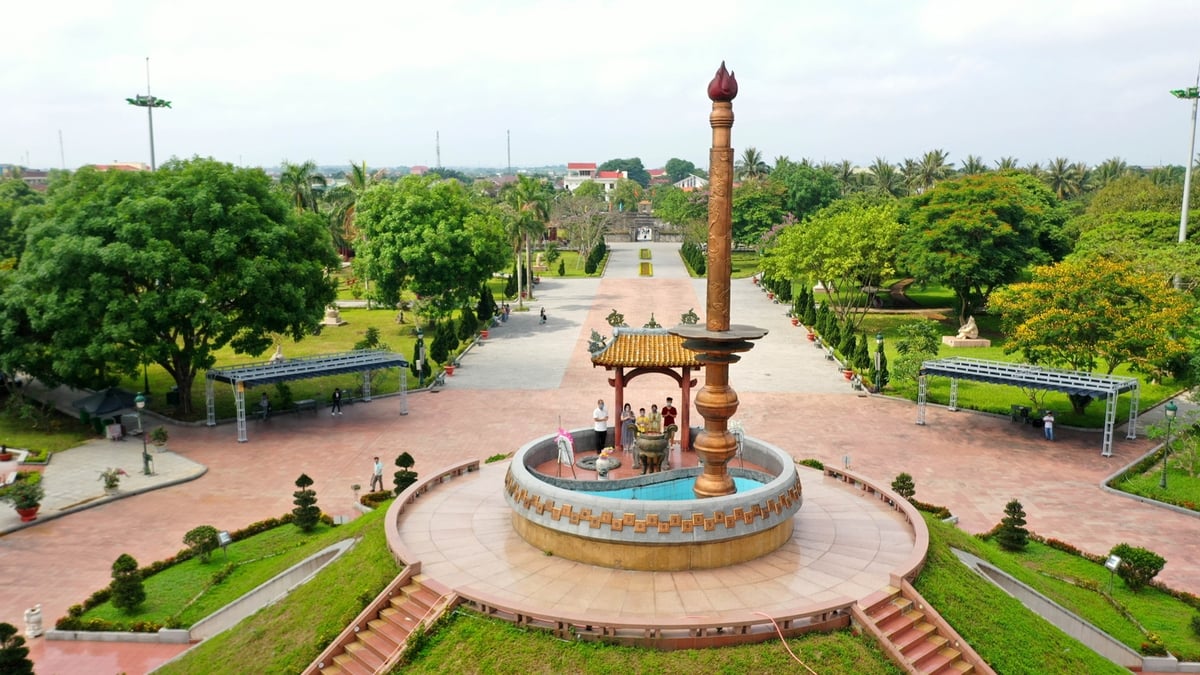

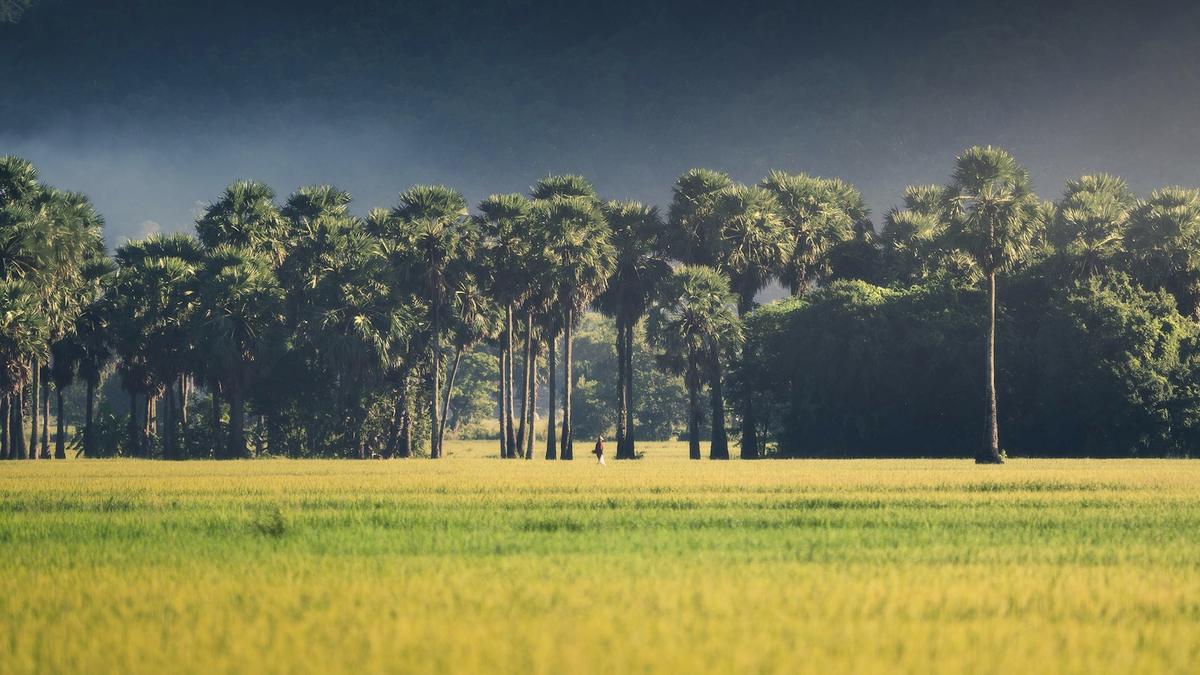













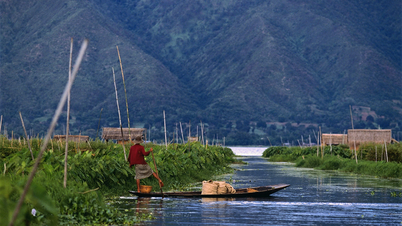
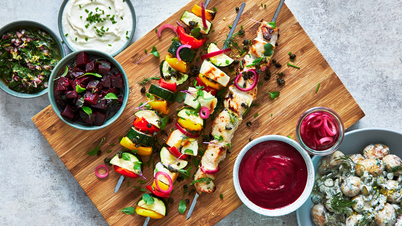
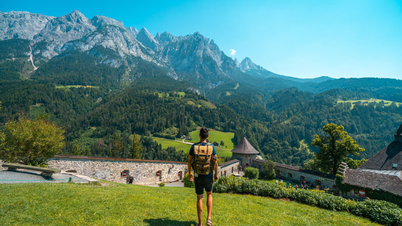



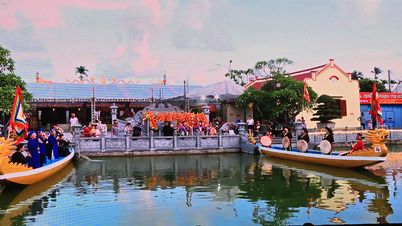

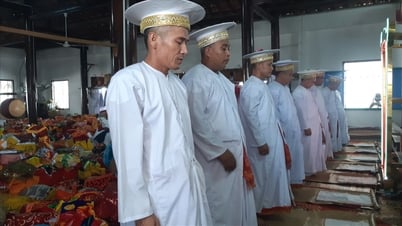



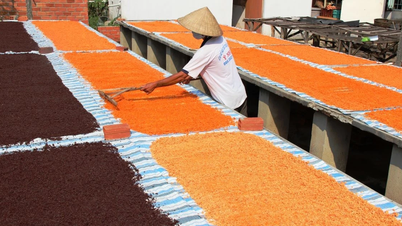







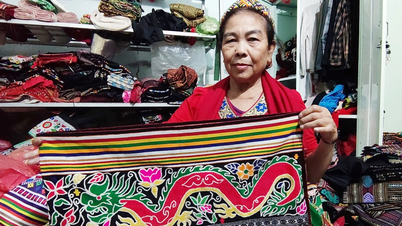













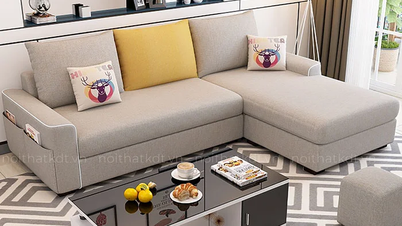
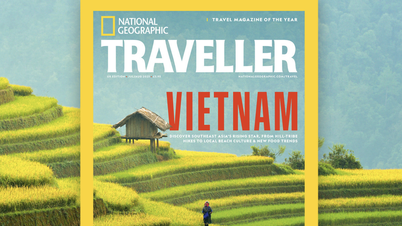



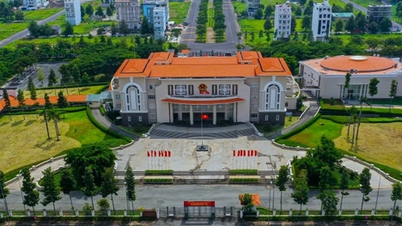










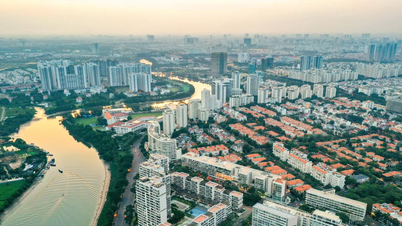

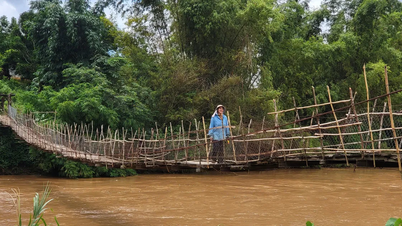





















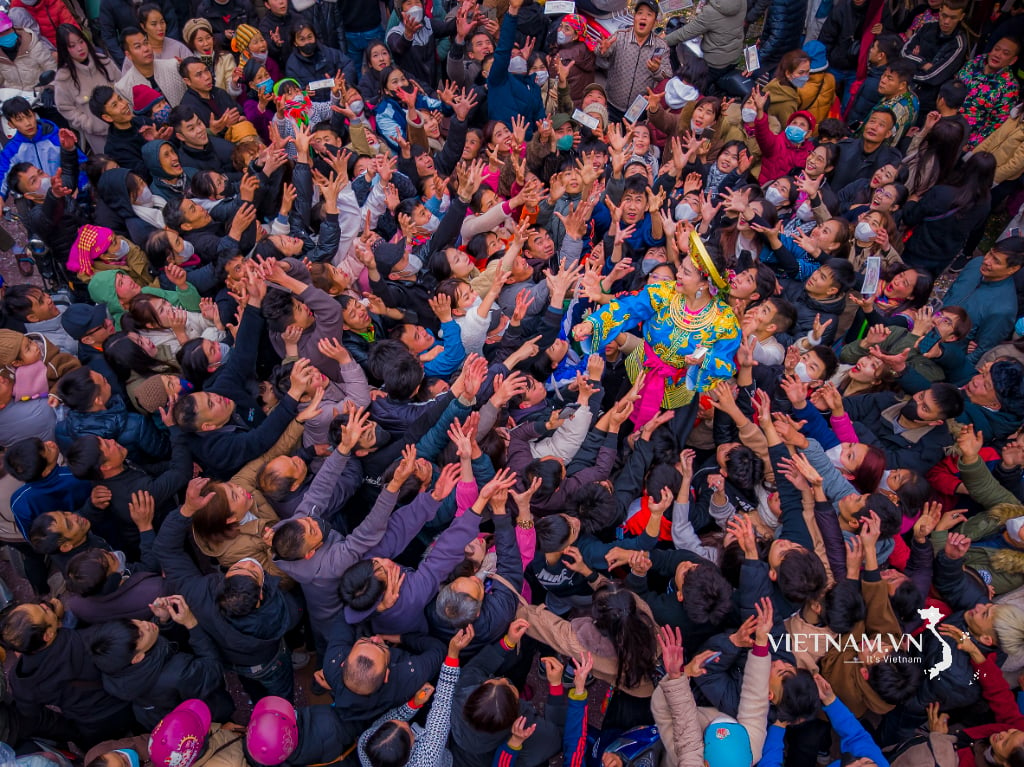
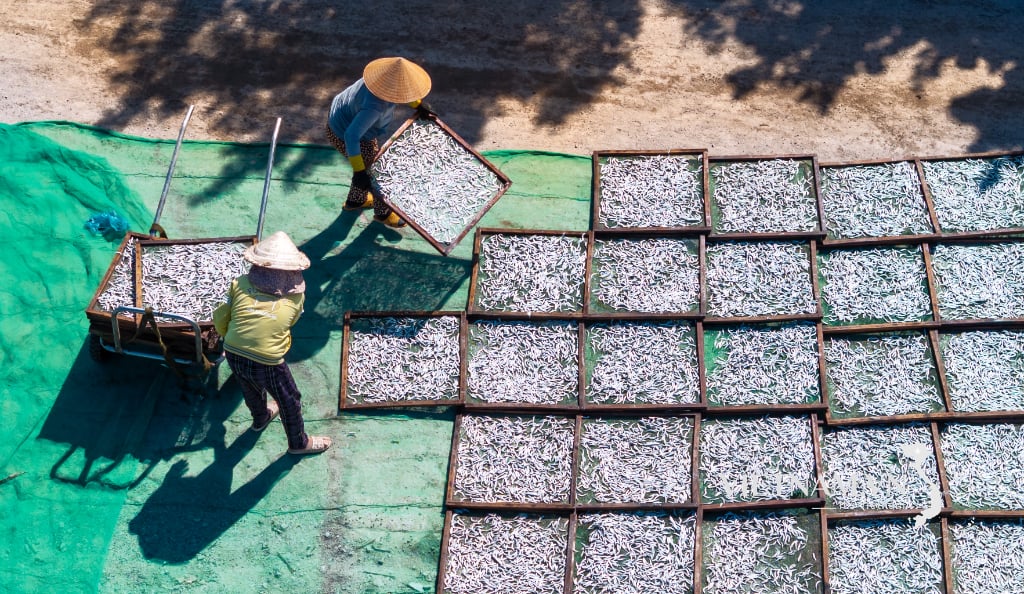
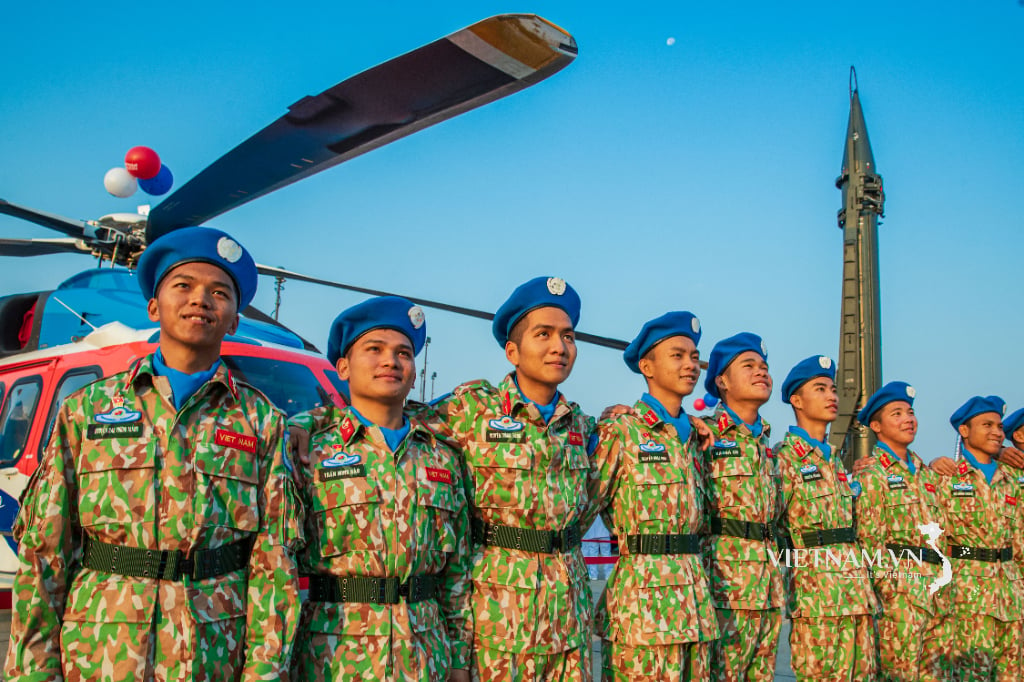
Comment (0)